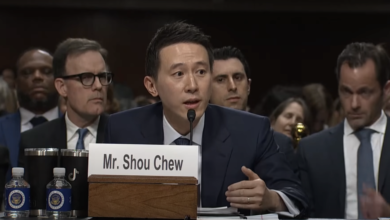Joe Biden made his big debut on the international stage at the end of last week, appearing as U.S. president for the first time at a virtual meeting of the G7 advanced capitalist countries and later at the Munich Security Conference, where he spoke to an audience of world leaders relieved to once again have a more predictable and savvy manager of world imperialism at the helm. One of the most closely-watched topics of discussion was the future of the nearly two-decade long U.S. occupation of Afghanistan.
In February of 2020, after protracted direct negotiations the U.S. government and the Taliban signed an agreement that established a timeline for U.S. military withdrawal from Afghanistan. The deadline for the last remaining troops to leave is May 1 of this year. The Taliban’s end of the deal was to commit to cooperate against al-Qaeda and other terrorist groups as well as entering peace negotiations with the Afghan government. These historic talks constituted an unprecedented level of U.S. de facto recognition of the Taliban, which controls or contests for power across the majority of the country. With Joe Biden now firmly in the drivers’ seat of the U.S. war machine, what changes can we expect in the empire’s approach to this conflict?
Even while paying lip service to the ongoing diplomatic efforts to bring the worst of the fighting to a close, Biden gave his assurances that he was “committed to consulting closely with our NATO allies and partners on the way forward in Afghanistan.” One of the common criticisms of the withdrawal agreement is that Trump negotiated it without coordinating with NATO.
“We remain committed to ensuring that Afghanistan never again provides a base for terrorist attacks against the United States and our partners and our interests,” Biden warned, alluding to another criticism of the deal. American “interests” in Afghanistan center around the U.S. government’s continuing desire to bring the geopolitically strategic country into line as yet another base for power projection in the Middle East and Central Asia.
After attending a NATO Defense Ministers’ summit last Wednesday and Thursday, Secretary of Defense Lloyd Austin addressed the question of a withdrawal from Afghanistan in a press conference on Friday. “Clearly, the violence is too high right now,” Austin said, indirectly stating that the Taliban was failing to uphold its commitment under the deal. The Defense Secretary also declared that the United States, “will not undertake a hasty or disorderly withdrawal from Afghanistan.”
Biden and Austin seem to be hinting that the United States could go back on its commitment to withdraw. But a final decision has not yet been made. To the extent that the administration is still considering following through on the withdrawal, it is an expression of the military failure of the United States over the long course of the war. Bombing raids on Taliban positions by U.S. aircraft increased throughout 2019 and 2020, but the Taliban continued to secure more and more territory and execute high-profile attacks inside Afghan government-controlled areas including the capital Kabul. Public opinion in the United States has also turned against the “forever wars” initiated in the aftermath of 9/11.
A full and immediate withdrawal of U.S. troops and an end to the war made by American forces there is the only “way forward in Afghanistan.” This must include the many thousands of mercenaries — so-called private military contractors” — who have to a large extent replaced NATO forces as countries draw down official troop levels.





